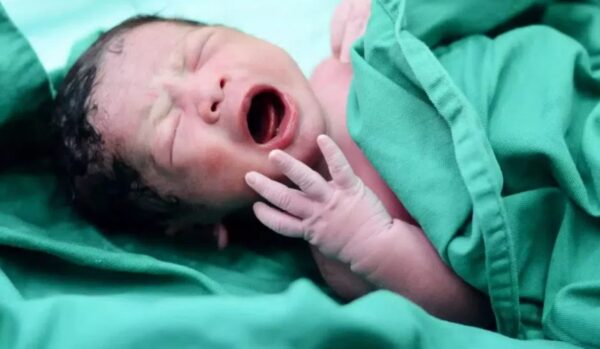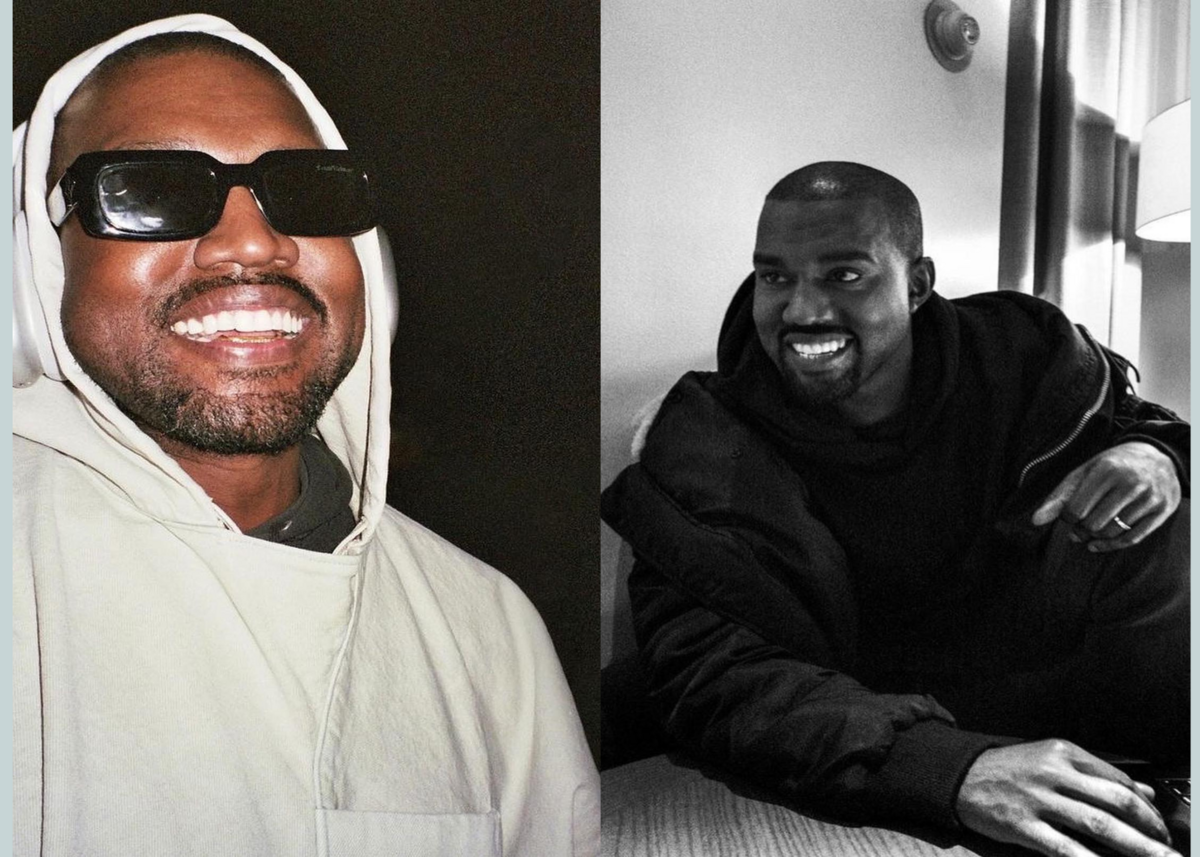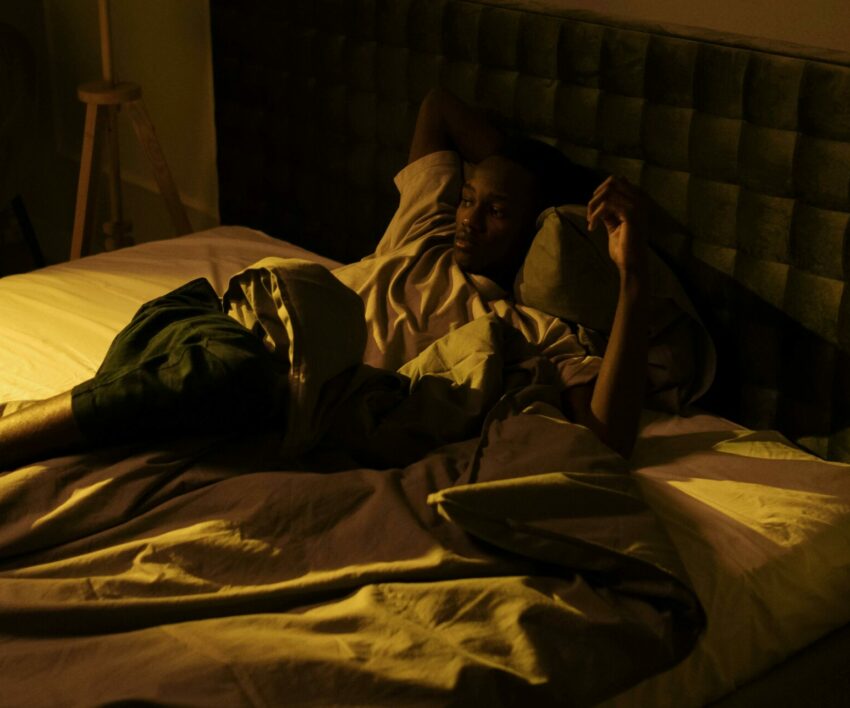1 Views
When a baby is born, one of the first signs that doctors, nurses, and even family members look out for is the unmistakable sound of the baby’s first cry.
In fact, in most delivery rooms around the world, the sound of a baby crying brings a sigh of relief, signaling that the baby is transitioning well into the world outside the womb.
Why babies must cry at birth
- Clear fluid from the lungs: The pressure created when the baby cries helps push out any remaining amniotic fluid in the lungs.
- Open up the air sacs: The lungs need to inflate like a balloon for the first time. Crying helps open up the tiny air sacs (alveoli) so that oxygen can enter the bloodstream.
- Regulate heart rate and oxygen: The act of breathing and crying helps stabilise the baby’s heart rate, blood circulation, and oxygen levels.
What it means if a baby doesn’t cry at birth
- They are having trouble breathing
- They have fluid remaining in their lungs
- They are in distress
- There may be neurological issues
Why some babies don’t cry
- C-section delivery: Babies born via Cesarean section may not experience the same pressure during delivery that helps clear fluid from the lungs, leading to delayed crying.
- Premature birth: Premature babies may have underdeveloped lungs and may need help to breathe and cry.
- Medication during labour: Certain pain relief medications given to the mother can affect the baby’s nervous system, leading to drowsiness or reduced responsiveness.
- Birth complications: A difficult or traumatic delivery can affect the baby’s ability to cry immediately.
- Congenital issues: Rarely, babies may be born with birth defects that affect their breathing or vocal cords.













